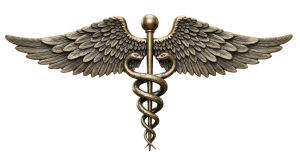Search
Caduceus Meetings: 12-Step Support for Healthcare Professionals in Michigan
What Are Caduceus Meetings?
If you’re a healthcare professional facing an DUI charge in Michigan, you may benefit from a specialized recovery support group designed specifically for medical professionals. Caduceus meetings are confidential 12-step support groups created exclusively for licensed healthcare providers struggling with chemical addiction and substance use disorders.

Unlike traditional AA or NA meetings, Caduceus groups provide a safe, peer-to-peer environment where doctors, nurses, pharmacists, dentists, and other medical professionals can discuss recovery challenges unique to the healthcare field. These meetings follow the same proven 12-step format as Alcoholics Anonymous but address the specific pressures, ethical concerns, and professional considerations that healthcare workers face.
 Michigan Criminal Defense Lawyer Blog
Michigan Criminal Defense Lawyer Blog

















